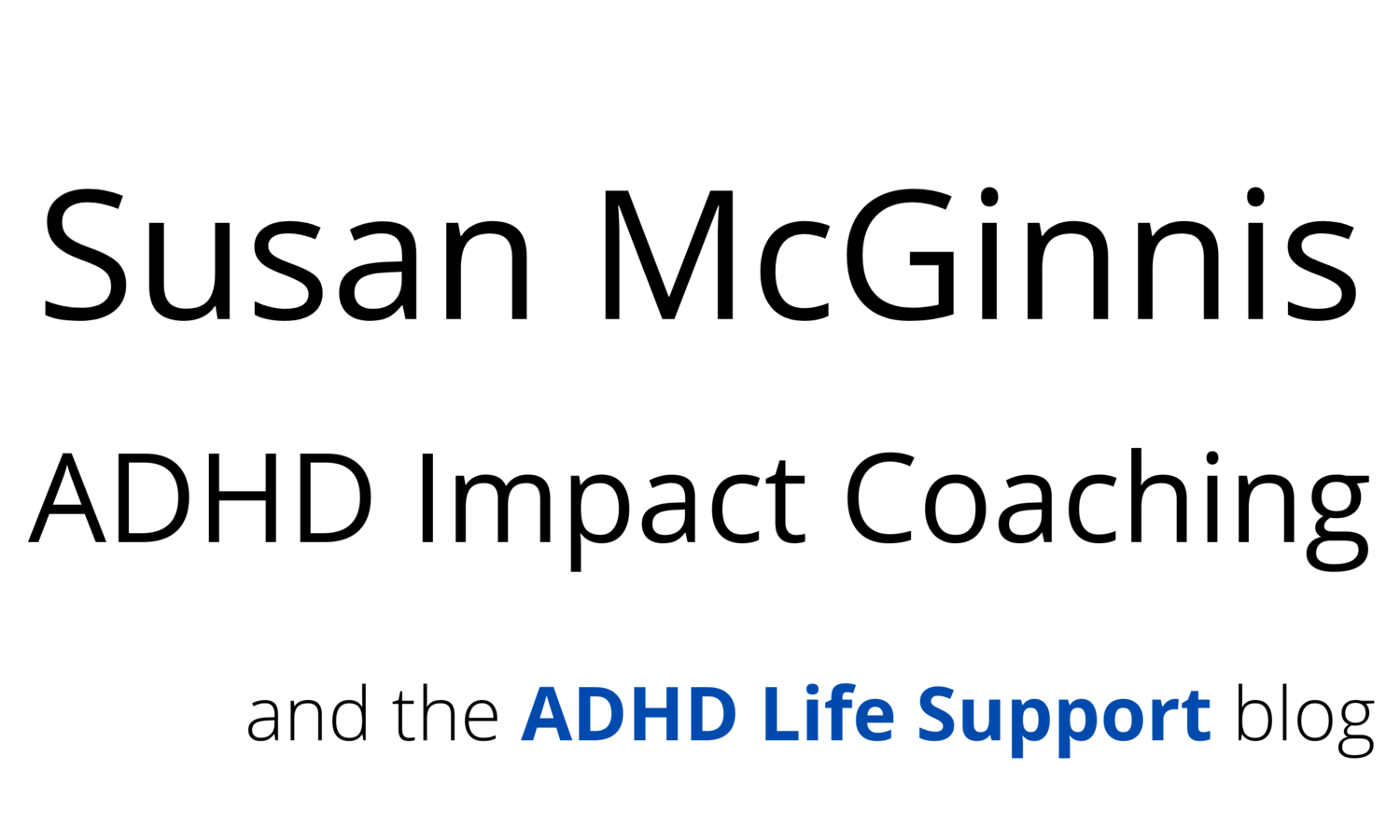ADHD and Emotions: New Research and Resources
In an important update recognizing the role of emotions in ADHD, a 2020 study recently summarized in ADDitude Magazine supports changing the DSM-5 diagnosis of ADHD to that of two presentations: ADHD emotional dysregulation, and ADHD inattentive presentation.
“ADHD inattentive presentation was defined as having high levels of attention difficulties, disorganization, and lower levels of emotional symptoms. ADHD emotional dysregulation presentation was defined as having high levels of emotional dysregulation (temper control problems, affective lability and emotional over-reactivity), combined with inattentive symptoms.”
Emotions are part of what we call the executive function of the brain; understanding this is key to understanding how ADHD impacts social development and well-being. ADHD can make it harder to process situations and relationships — and the emotions that come up —- in daily life. Compassionate and active learning can build skills for maging the role of feelings and building executive functioning, for children and adults.
I recommend to you and yours a recent podcast episode, “ADHD and Emotion Sickness,” featuring Dr. Ari Tuckman with Jeff Copper from the Attention Talk Radio podcast. A particularly impactful highlight is the conversation around not taking responsibility for other people’s feelings; that a person’s feelings belong to them and we each manage our own. Given the ADHD propensity to be overly concerned about others, this point can be life changing.
While using “sickness” in the title may put you off, the podcast is very supportive of individuals with ADHD in our relationships. It’s a 38 minute episode, and worth a listen.
